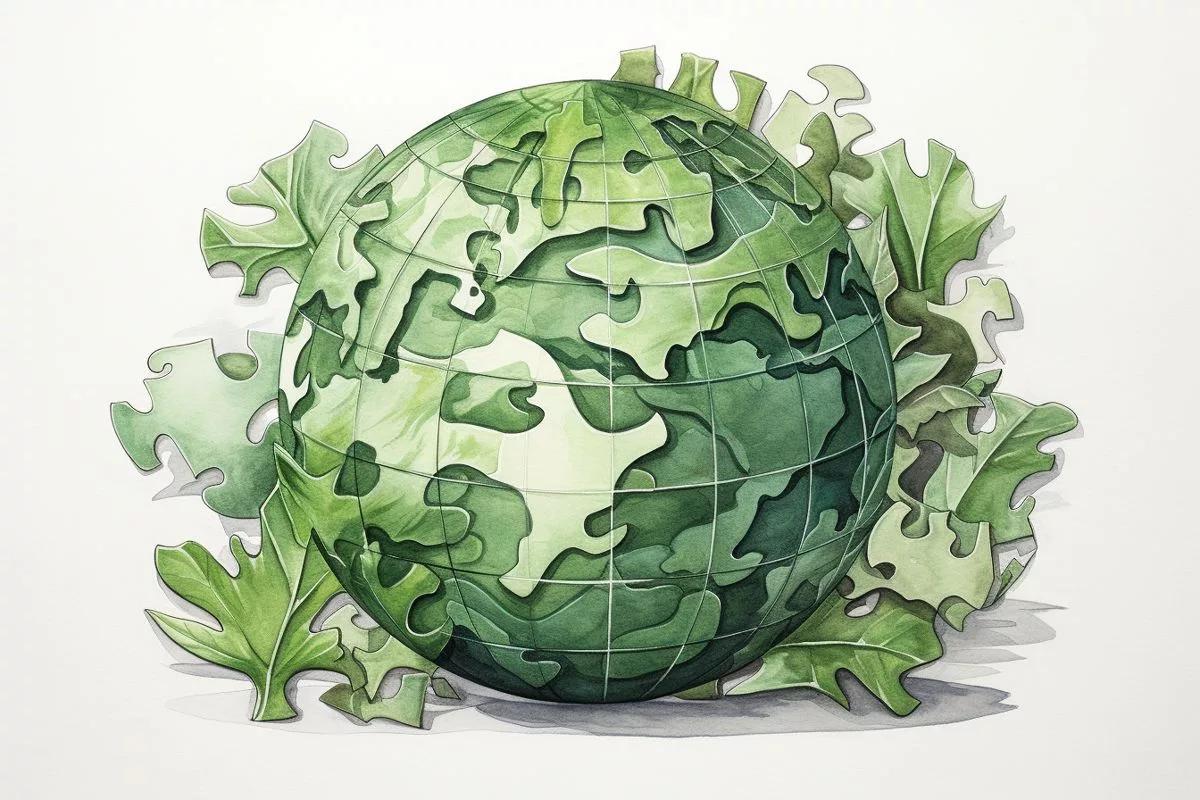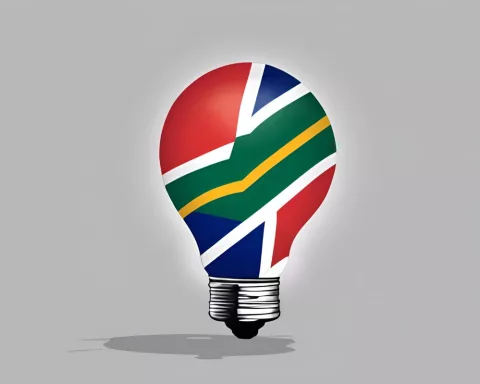South African President Cyril Ramaphosa gave a powerful speech at the 2023 UN Climate Change Assembly, highlighting the urgent need for global action on climate change and advocating for innovative financing mechanisms to support developing economies. He emphasized the vulnerability of African nations and championed multilateralism and a universal shift towards a sustainable economy. President Ramaphosa also closed with a rallying cry for global solidarity and cooperation in the face of this critical issue. His speech resonated with hope and resolve, reminding the world of the urgency and necessity of united action.
South African President Cyril Ramaphosa delivered a powerful speech at the 2023 UN Climate Change Assembly, emphasizing the urgent need for global action on climate change. He highlighted the vulnerability of African nations and advocated for innovative financing mechanisms to support developing economies. Ramaphosa also championed multilateralism and a universal shift towards a sustainable economy. He closed with a rallying cry for global solidarity and cooperation in the face of this critical issue.
Addressing Climate Crisis Amidst Global Challenges
As the world grapples with unending upheavals, the United Nations Climate Change Conference 2023, hosted in Dubai, United Arab Emirates, served as a critical platform for global heads-of-state to tackle the urgent matter of climate change. South African President Cyril Ramaphosa availed this opportunity to express his nation’s apprehensions and hopes for a sustainable future.
His discourse not only underscored the critical state of the global political panorama but also drew attention to the immediate need for climate change action. Reflecting on the conflict in Gaza, his denunciations resounded across the magnificent hall. As a resolute defender of peace and stability, President Ramaphosa accentuated the hardships endured by Palestine, lobbying for a sovereign nation for its citizens.
Amid these politically volatile times, President Ramaphosa underscored the importance of sustaining momentum in the struggle against climate change. He spotlighted the vulnerability of African nations, which suffer disproportionately from climate change despite their traditionally low development levels and limited capacity. These countries must find ways to adapt and build robustness to counter the negative impacts of climate change.
Applauding Global Efforts and Advocating Greater Action
President Ramaphosa praised the landmark decision of COP28 to inaugurate a new fund for Loss and Damage, considering it a practical method to assist nations most vulnerable to the climate crisis. However, he stressed that to truly instigate change, the global community needs to generate funds on a much larger scale.
He punctuated the significance of a universal, comprehensive shift towards a sustainable economy. The decisions made at COP28, he contended, should be informed by scientific proof, fairness, and the concept of common but differentiated responsibilities and capabilities.
Reaffirming his dedication to sustainable development, President Ramaphosa disclosed the South African government’s Implementation Plan for its Just Energy Transition Investment Plan. This strategy spotlights several crucial areas for a just transition, integrating infrastructure investment, new energy vehicles, green hydrogen development, skills education, municipal electricity distribution, and interventions for communities most impacted by the energy transition.
South Africa’s Green Transition and Vision for Collective Action
Notably, South Africa is already operating a successful renewable energy producers program and is making significant advancements in tapping into the potential of green hydrogen. Moreover, the country is investigating methods to exploit critical minerals and rare earths to propel and support the green transition.
President Ramaphosa pointed out that unilateral, coercive, and trade-altering measures like carbon adjustment measures could be harmful to burgeoning economies. Instead, he championed multilateralism as the foundational pillar of global climate action.
He also underscored the necessity for innovative financing mechanisms to lighten the financial load of countries grappling with debt. In his opinion, public finance, along with access to funds, skills development, and technology, is essential for constructing climate resilience in developing economies.
Concluding Remarks and a Rallying Cry for Global Solidarity
In his closing statements, President Ramaphosa emphasized the need to view climate change adaptation and mitigation technologies as global public assets. He implored the world to honour each nation’s right to determine its own developmental trajectory and collaborate in a spirit of solidarity and cooperation.
His speech resonated with hope and resolve, a call-to-arms for the world to band together to confront climate change. As we persist in steering through these challenging times, the words of President Cyril Ramaphosa function as a reminder of the urgency and necessity of united action.
1. What did South African President Cyril Ramaphosa talk about in his speech at the 2023 UN Climate Change Assembly?
President Cyril Ramaphosa delivered a powerful speech at the 2023 UN Climate Change Assembly, emphasizing the urgent need for global action on climate change. He highlighted the vulnerability of African nations and advocated for innovative financing mechanisms to support developing economies. Ramaphosa also championed multilateralism and a universal shift towards a sustainable economy.
2. What was the purpose of the 2023 UN Climate Change Assembly?
The United Nations Climate Change Conference 2023, hosted in Dubai, United Arab Emirates, served as a critical platform for global heads-of-state to tackle the urgent matter of climate change.
3. What did President Ramaphosa say about the vulnerability of African nations to climate change?
President Ramaphosa spotlighted the vulnerability of African nations, which suffer disproportionately from climate change despite their traditionally low development levels and limited capacity. These countries must find ways to adapt and build robustness to counter the negative impacts of climate change.
4. What did President Ramaphosa propose as a practical method to assist nations most vulnerable to the climate crisis?
President Ramaphosa praised the landmark decision of COP28 to inaugurate a new fund for Loss and Damage, considering it a practical method to assist nations most vulnerable to the climate crisis.
5. What did President Ramaphosa say about the necessity for innovative financing mechanisms?
President Ramaphosa underscored the necessity for innovative financing mechanisms to lighten the financial load of countries grappling with debt. In his opinion, public finance, along with access to funds, skills development, and technology, is essential for constructing climate resilience in developing economies.
6. What was President Ramaphosa’s rallying cry in his closing statements?
In his closing statements, President Ramaphosa emphasized the need to view climate change adaptation and mitigation technologies as global public assets. He implored the world to honour each nation’s right to determine its own developmental trajectory and collaborate in a spirit of solidarity and cooperation.








